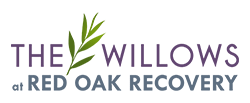Alcohol can be enjoyable in social settings, but drinking too much can become a serious problem. It’s important to develop healthy drinking habits, especially if you drink often. Social drinking or binge drinking can quickly turn into alcohol dependence. That’s why it’s important to recognize your triggers and understand how alcohol affects your body.
Knowing how alcohol impacts your health can help you make safer choices. Many people don’t realize they have a problem until drinking has already taken a toll. Learning the warning signs can help prevent this from happening. We understand that everyone’s situation is different, and our alcohol treatment program provides the care and support needed for women to thrive.
Binge Drinking vs. Alcoholism
Some people think that binge drinking and alcoholism are the same, but they are different. Both can be dangerous, but understanding the differences can help when looking for treatment.
- Alcoholism is a long-term disease where a person cannot control their drinking and feels a strong need to drink.
- Binge drinking happens when someone drinks a lot in a short period, usually raising their blood alcohol level to 0.08% or higher.
Here are some key differences:
- How often a person drinks – Binge drinking happens occasionally, while alcoholism involves regular drinking.
- Dependence on alcohol – Binge drinkers may not be addicted, but people with alcoholism often develop a high tolerance and struggle to stop drinking.
How to Stop Binge Drinking
Binge drinking can cause short-term problems like blackouts, alcohol poisoning, or accidents. Over time, it can lead to serious health issues like liver damage, heart disease, and brain problems. Here are some ways to stop binge drinking:
- Avoid situations where you feel pressured to drink.
- Set a drink limit and stick to it.
- Eat before drinking to slow down alcohol absorption.
- Choose drinks with lower alcohol content.
- Surround yourself with friends who respect your choices.
- Practice saying “no” in a way that feels comfortable for you.
Binge drinking may seem harmless at first, but if it becomes a habit, it can lead to serious problems.
The Stages of Alcoholism
Alcoholism doesn’t happen overnight. It usually develops in stages, with different warning signs along the way.
Stage One – Early Stage
- Drinking more often
- Feeling more comfortable in social situations after drinking
- Finding excuses to drink with friends
- Using alcohol to cope with stress, boredom, or loneliness
Stage Two – Mid-Stage
- Drinking alone or in secret
- Drinking starts to harm relationships
- Spending less time with friends and family
- Experiencing withdrawal symptoms when not drinking
- Damage to the liver, heart, and digestive system
Stage Three – Late Stage
- Full dependence on alcohol
- Prioritizing drinking over health and responsibilities
- Strong cravings for alcohol
- Risky behaviors due to heavy drinking
Stage Four – End Stage
- Serious health problems like liver disease and brain damage
- Weight loss, bloodshot eyes, and poor hygiene
- Severe withdrawal symptoms, including tremors or hallucinations
- Financial struggles due to job loss or unstable living conditions
Recognizing the signs of alcohol use disorder early can make a big difference. If you or a loved one is struggling, seeking medical help is the best way to get an accurate diagnosis and start recovery.
Breaking the Stigma
Many people feel ashamed to talk about their struggles with alcohol, especially women. Society often encourages drinking in social settings but judges those who develop a problem. This can make it hard to ask for help.
The truth is, alcohol addiction is a common issue, and there is no shame in seeking support. Whether it’s talking to a trusted friend, finding a therapist, or joining a recovery program, help is available. No one should feel alone in this journey.
Start Your Recovery Journey at The Willows
Drinking responsibly is important when using a substance like alcohol. Knowing your limits and triggers can help you make safer choices. If you or someone you love needs help with alcohol use, The Willows offers specialized treatment programs. Contact us at 828.518.6941 or reach out online to learn more.






